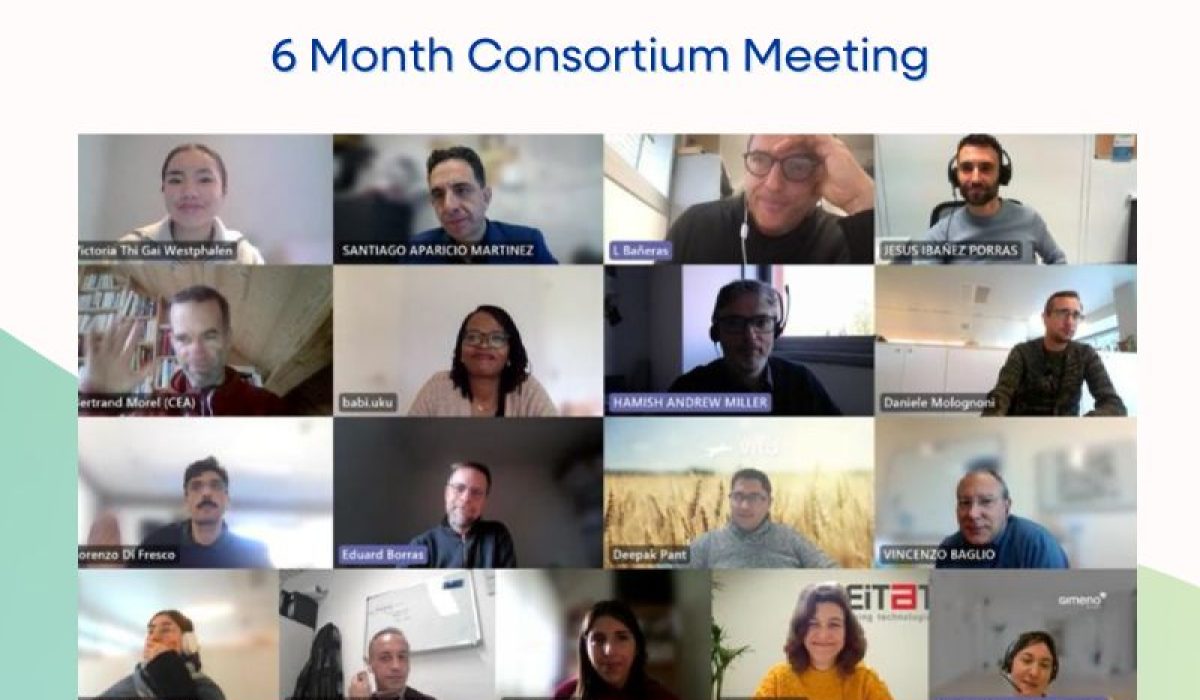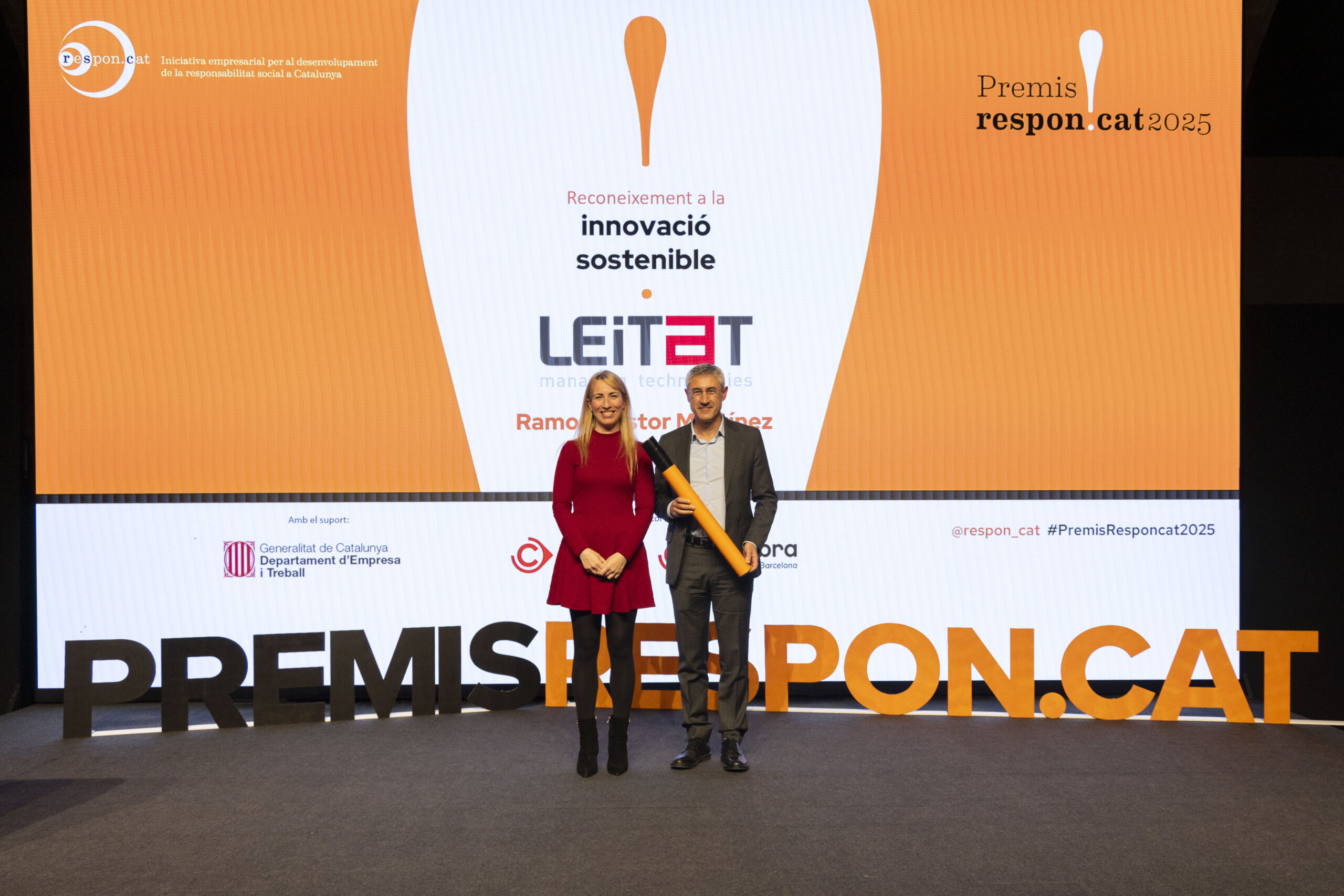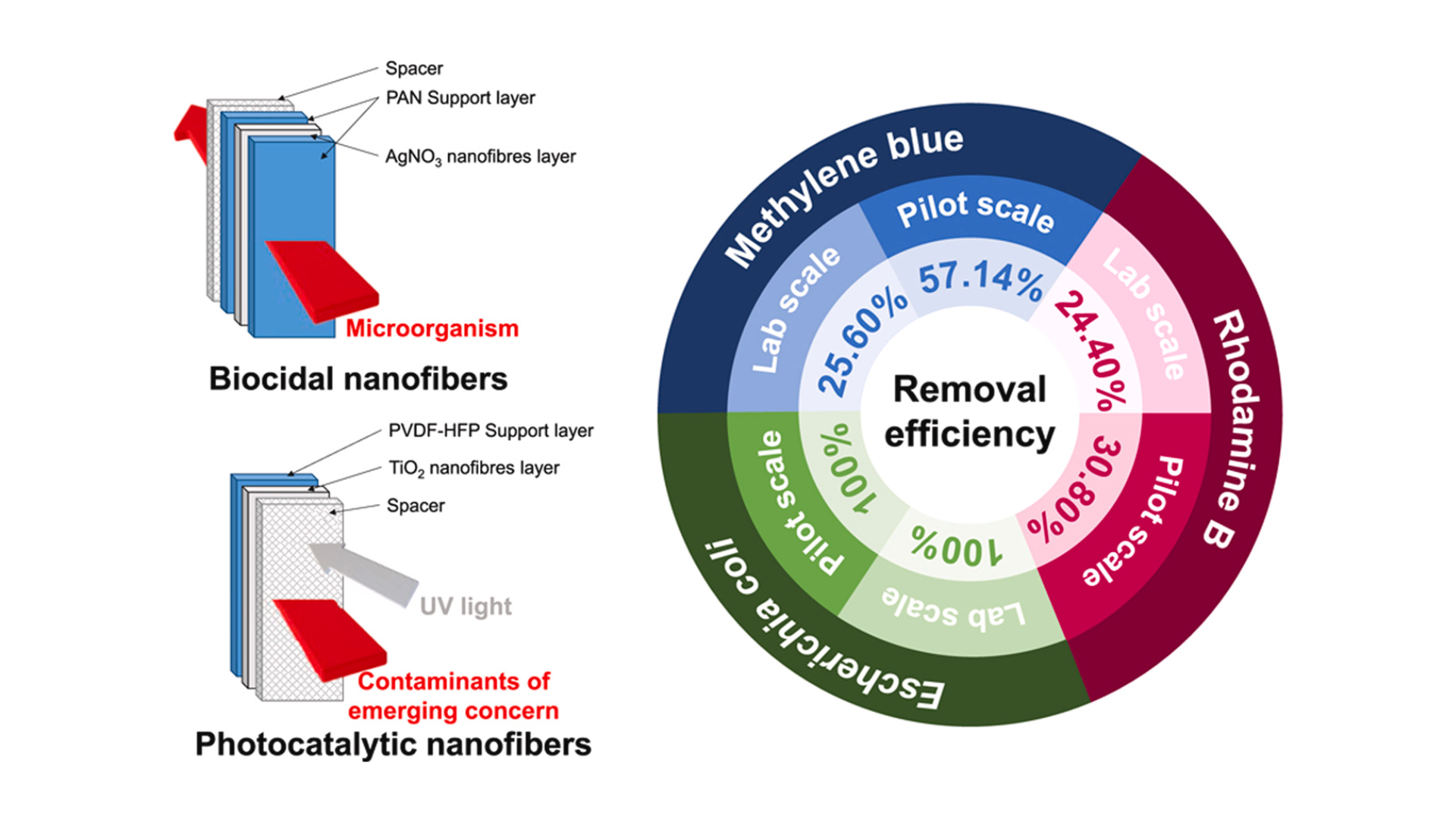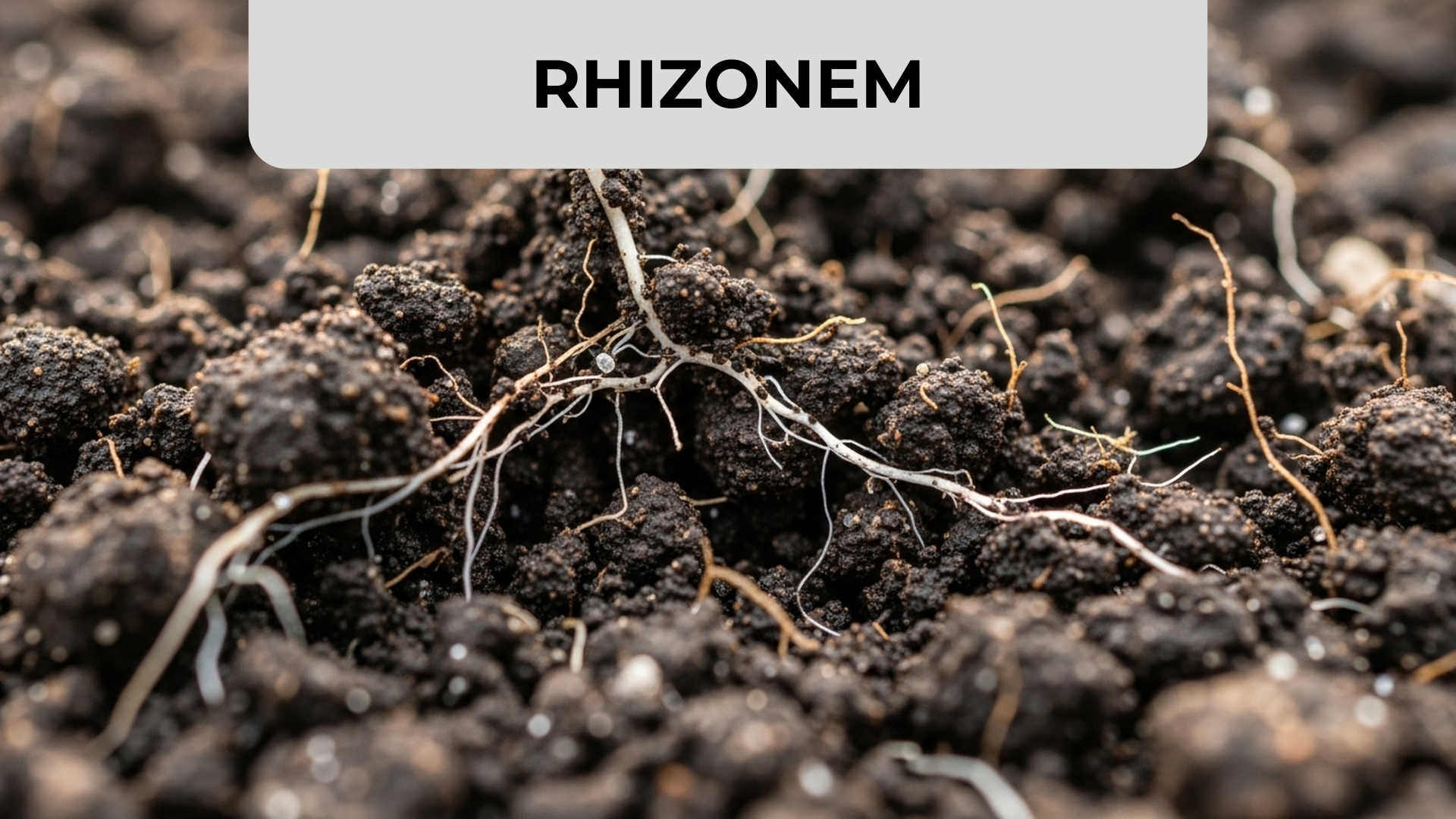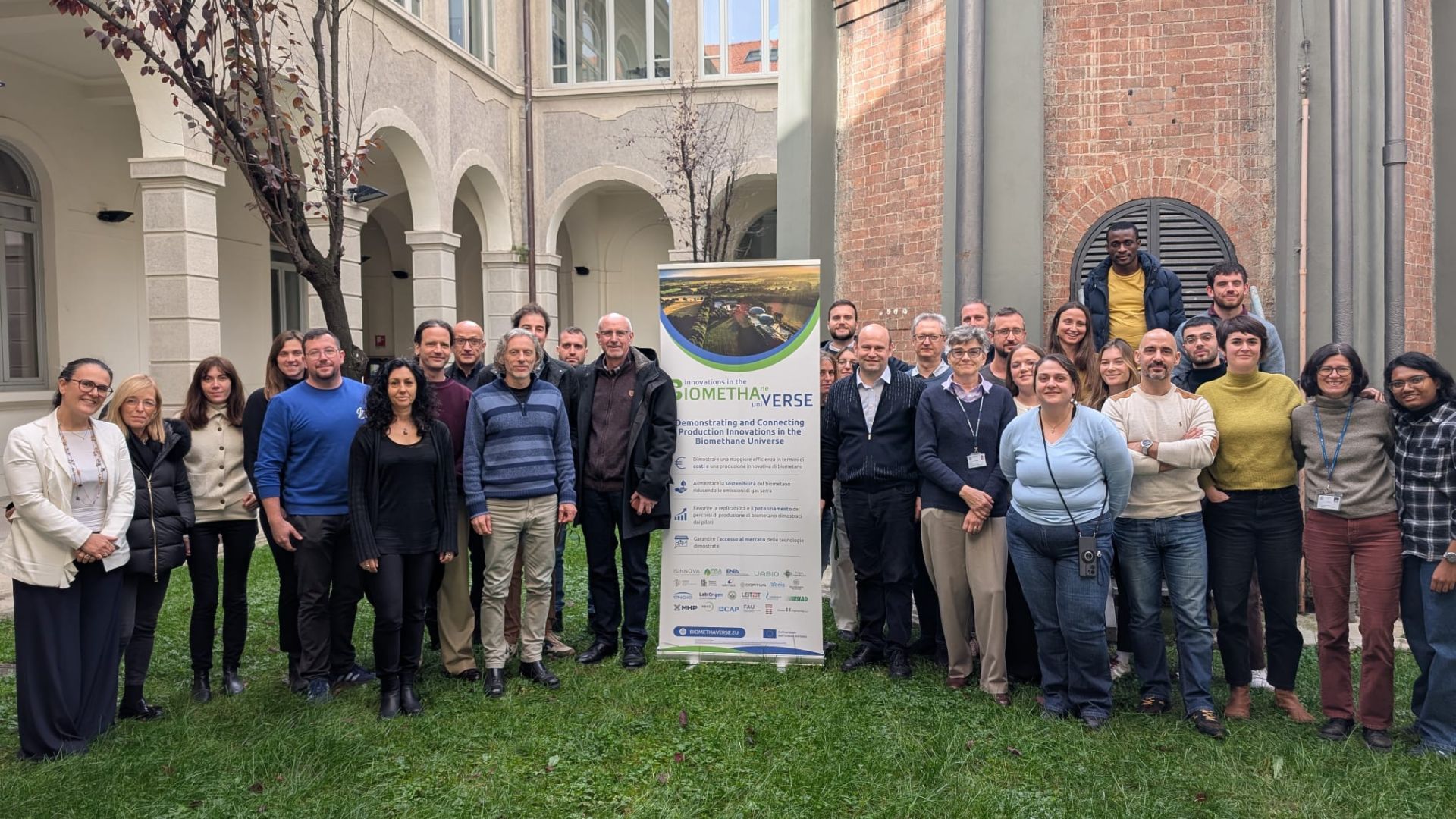The Fuels-C project consortium, composed of 11 partners, met online on December 10 and 11, 2024, to review progress and plan the next steps in the development of advanced biofuels for road and maritime transport.
The Fuels-C consortium meeting focused on assessing the scalability of renewable feedstocks and optimizing technologies for the production of biofuels such as methane and ethanol. Discussions included applications for both land and maritime transport, as well as initial testing of biofuels in fuel cells. The second day covered project management, communication strategies, and upcoming environmental, social, and techno-economic assessments. Key achievements from the first six months include the production of syngas via organic waste gasification, the definition of renewable energy scenarios, and the implementation of risk management tools. With a clear focus on increasing the availability of sustainable biofuels and integrating innovative technologies, Fuels-C continues to advance the transformation of biogenic waste and CO₂ into high-value energy solutions, driving climate neutrality and Europe’s energy independence.
During the meeting, Leitat presented its latest progress on the design and fabrication of lab-scale reactors for maritime fuel production, along with process optimization for generating renewable methane. Next steps include the selection and collection of feedstocks for renewable methane and ammonia production, with the reactor design and fabrication expected to be completed by May 2025. Additionally, Leitat is actively supporting FACSA in the preparation of the first deliverable of WP2, focused on mapping renewable biogenic feedstocks for biofuel production in four European regions: north-western Spain, central Poland, Île-de-France, and Apulia in Italy.
Remember to follow the project at:
